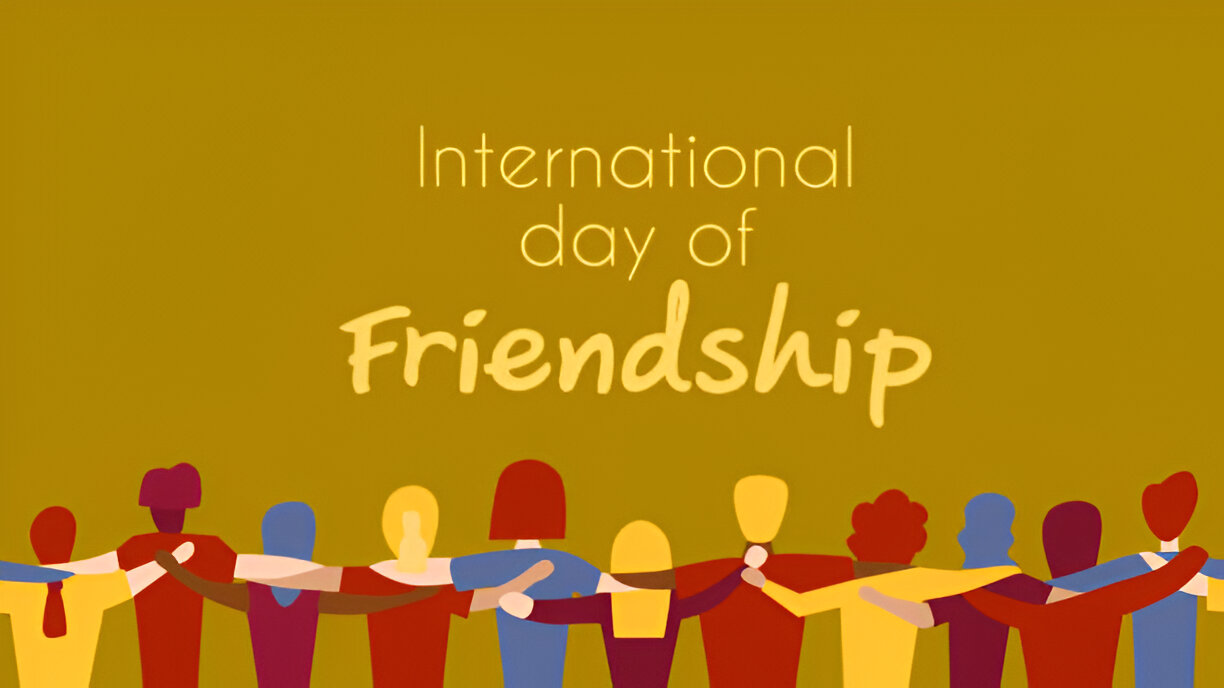One of the most memorable moments in my new book, Conversations with Remarkable Women, is meeting Lady Florence Baker. Her extraordinary adventures are straight out of the Arabian Nights and take some believing. Yet her time as a white Caucasian slave is well authenticated through her diaries and various biographical sources.
As a young child, Florence, a Hungarian, fled the revolution in her home country in 1848. But she was captured and enslaved, growing up in a Harem in the Ottoman Empire. As a blonde, multi-lingual Caucasian, she was treated well and was expected to attract a high price. Surprisingly, Florence did not realise she was a slave until one day; the Harem put her up for sale in the local slave market.
In my imaginary Conversation with Lady Baker, she tells me what occurred: “Yes, it was a terrifying experience. My friend and I were placed behind a screen, and I finally understood what was happening. My friend was taken into the crowded room first, and men started bidding for her like a cow or a length of cloth. I protested strongly that I was not a slave and not like the other girls. But I was told to be quiet and eventually put on display.”
Florence’s graphic description of what happened next is both disturbing and exciting. “A stranger, different from the others in the room, started bidding for me. He caught my eye, and something invisible passed between us. He seemed to sympathise with my situation.”
Although this stranger lost the bidding war, he later managed to abduct Florence from the Harem in a tense and risky moment. How did Hollywood miss out on this utterly compelling story? It even had a typical Hollywood happy ending. The stranger was the much-admired English explorer Sir Samuel Baker. Together, he and Florence explored Africa and even discovered one of the sources of the river Nile. Baker was eventually knighted, and Florence, who had married her rescuer, became Lady Florence Baker.
Florence Baker is just one of nineteen other remarkable women in my book of imaginary conversations. Admittedly, you’ll read about conversations with dead people, but as I explain in the book, plenty of other people have used such devices for learning and entertainment. Einstein, for instance, admitted he talked to famous dead scientists to test his scientific ideas, and car maker Henry Ford also had a group of skilled people he consulted about his business.
Why have I chosen these twenty remarkable women to share their stories? I want to make some small amends for countless years in which women have been subject to unjustified restrictions in their lives, yet despite that, like the ones selected for my book, many have won public recognition and appreciation.
If you’d like to enjoy my Conversations with Remarkable Women, they are available on Amazon.
Contact:
Andrew Leigh can be contacted at: remarkable@btinternet.com
For the media: the author can be contacted by phone at +44 07813123554
More about the author at:
https://tinyurl.com/4zecrtbx




